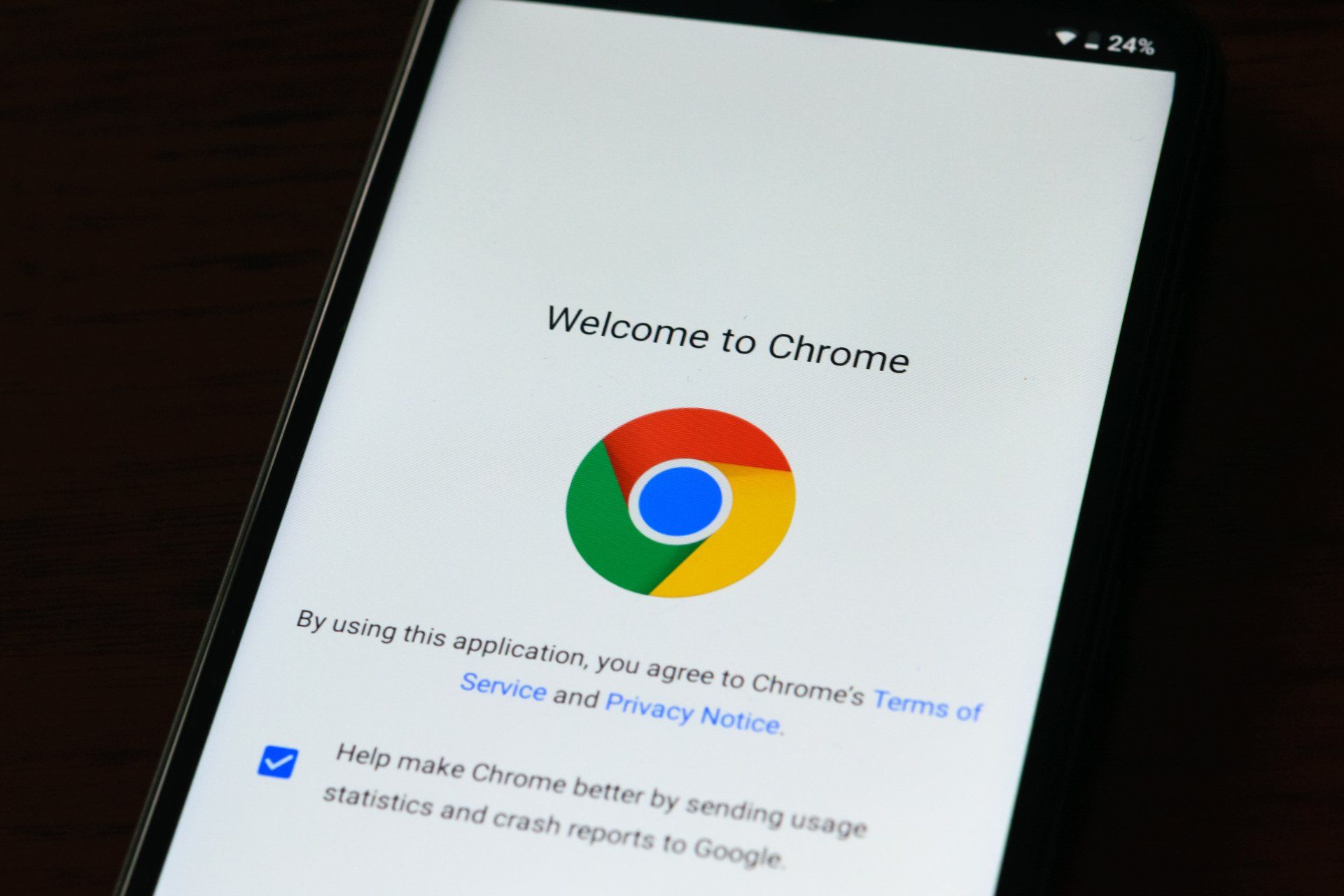Understanding GDPR
jen --August 19, 2019
What is GDPR and how does it impact your business?

The term GDPR is an acronym for General Data Protection Regulation. In layman terms, it is a regulation set up to give citizens of European countries more control over their personal data. It does this by simplifying the regulatory environment for both businesses and citizens in the European Union.
The GDPR compliance ensures that those organizations that work with personal data are obliged to gather these data legally, under very stringent conditions. Also, those who have to collect and manage this information are obliged to protect it so that it is not misused and exploited to the detriment of the owners. Failure to do this will attract punishment on the said organizations.
GDPR was approved in April 2016 by the European Parliament, with every official regulation published in all the official languages of the European Union the next month (May 2016). The legislation was eventually enforced on the 25th of May 2018 across all countries of the European Union. This means that on the 25th of May 2018, all businesses and organizations were expected to be complain with the Regulations of GDPR.
Does GDPR affect your business?
If your business is operating within the European Union, then you should be GDPR compliant. Also, if your business does not operate within the countries of the European Union but provides goods or services to businesses or customers within the European Union, then you are expected to be GDPR compliant.
What this means is that if you are planning to serve major countries in the European Union, then you should prepare to be affected by GDPR compliance. If you wish to do business on European Soil with European countries, even remotely via your website, then you need to comply.
Since every aspect of our lives (or the lives of our customers) involve the use and analysis of data (our names, telephone number, credit card number, address, etc.), it is therefore important that there are laws and obligations set in place to ensure that data privacy is maintained.
What does GDPR protect?
Under GDPR, your customers have basic rights like:
- The right to access their data at anytime and ask how it is being used.
- The right to have their data deleted if they choose to withdraw consent from your company
- The right to transfer their data from one service provider to another
- The right to be informed about any collection of data by companies
- The right to have their data updated when they want it to be.
- The right to be notified when there is a data breach that puts their data at risk
- The right to request that their data not be used for processing.
- And so on
As an organization working within the European Union or doing business with countries in the EU, you must comply with these rules or facing a penalty of 4% of annual global revenue in fines or 20 million Euros (whichever is greater).
This is no joke. Organizations like British Airways are facing hundreds of millions of Euros in fines for a data breach that happened in late 2018.
So if you are an organization that has to do business within or with EU countries, you must be careful to ensure you don’t fall victim to these regulations.
View the full regulation processes and FAQ's on the EU GDPR
website











